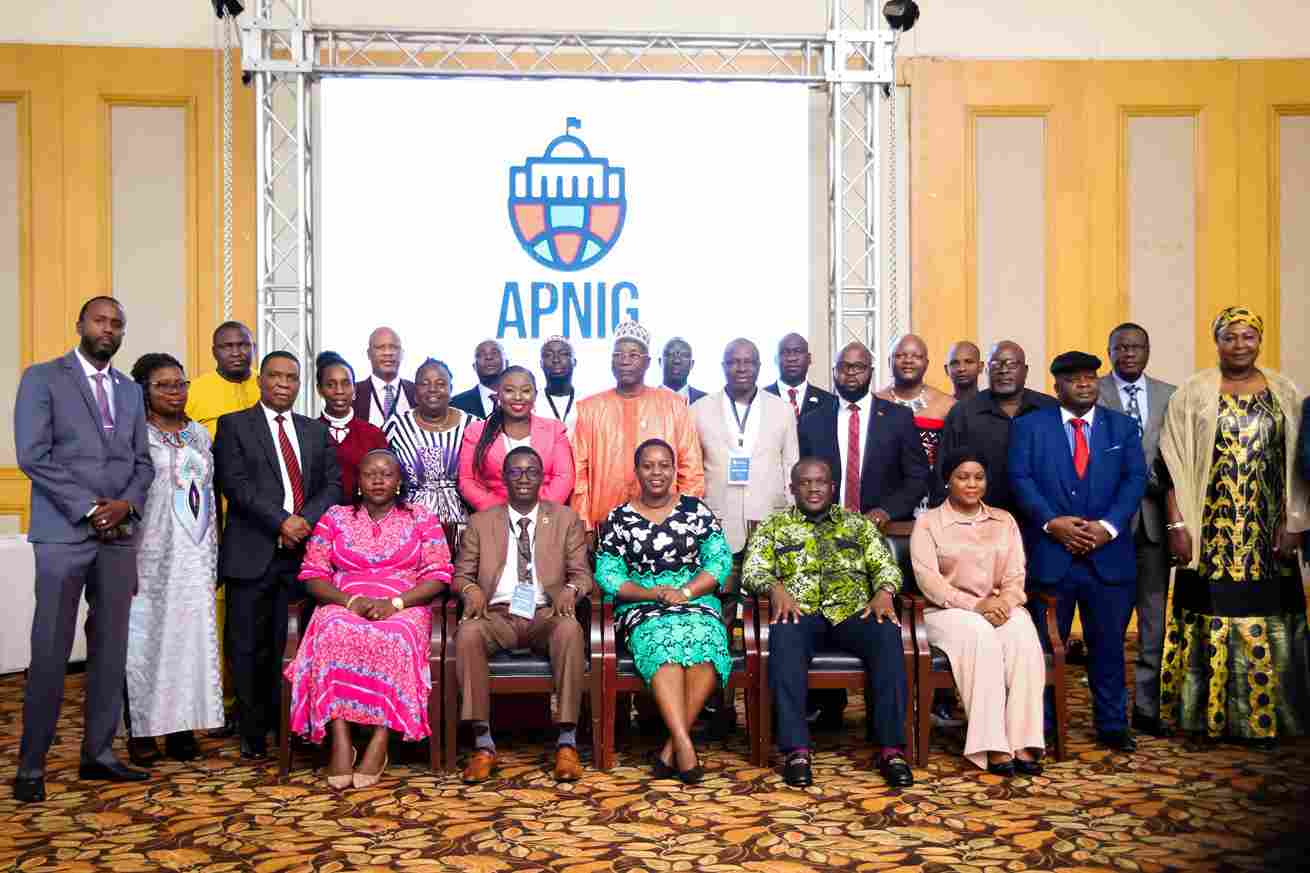By Josephine Miliza
The Internet Governance Forum is a multi-stakeholder platform where new and ongoing issues related to internet governance are discussed and debated.
These discussions happen at the national, regional and global levels and inform the development of policies at the national level. However, for these policies to be translated into national laws, there is a need to get buy-in from the legislature hence the need to have parliamentarians engage in conversations on internet governance.
During this year’s Africa Internet Governance Forum, 30 parliamentarians from 20 African countries participated in a 2-day digital policy symposium under the overarching theme ‘The role of parliaments in shaping our digital future, An African perspective’.
The event was co-organised by the UN Department of Economic and Social Affairs (DESA), the Secretariat of the Internet Governance Forum (IGF), the African Union Commission (AUC), the Policy and Regulation Initiative for Digital Africa (PRIDA), the AfIGF Secretariat, and the Deutsche Gesellschaft für Internationale Zusammenarbeit GmbH (GIZ).
The parliamentarians discussed challenges and opportunities related to the digital economy and society and explored their role in shaping an inclusive and human-centric digital future.
Key takeaways from the symposium
- Parliamentarians across Africa would benefit from tailored capacity development programmes enabling them to understand how the Internet works and the associated governance processes. This will empower them to ensure that regulatory and legislative frameworks aimed to tackle risks that come with Internet use do not threaten its open and unfragmented nature.
- Promoting multilingualism and local content on the Internet and encouraging the expansion of infrastructures to connect the unconnected should be among parliamentarians’ properties.
- Africa needs to build the capacity of a new generation of cyber-diplomats to be equipped with the skills and knowledge to engage in international processes focused on cybersecurity-related issues meaningfully.
- Increasing the participation of African countries in such processes should be a priority.
- Policies and regulations for the digital economy should be anchored into local realities and respond to local needs. They should also be balanced to not place barriers on end-users nor overburden innovators and entrepreneurs (especially start-ups and SMEs).
The Africa Parliamentarians Network on Internet Governance (APNIG) was launched, and the network’s leadership was selected:
- Hon. Neema Lugangira, MP from Tanzania, as the APNIG Founder and Chairperson
- Hon. Alhagie Mbow, MP from The Gambia, as the APNIG Deputy Chairperson
- Hon. Sam George, MP from Ghana, as the APNIG Secretary
The network will play an important role in building capacity for African parliamentarians enabling them to actively engage in key digital governance issues to inform policy processes at the national levels. A communique on the network’s launch was released and published on the AfIGF website.
This is a series of blogs on Community Networks.
Josephine Miliza is a network engineer passionate about enabling African communities to leverage digital technologies for socio-economic empowerment. Josephine is the KICTANet Africa policy coordinator for Community Networks. Twitter – @Msmiliza.
![]()




